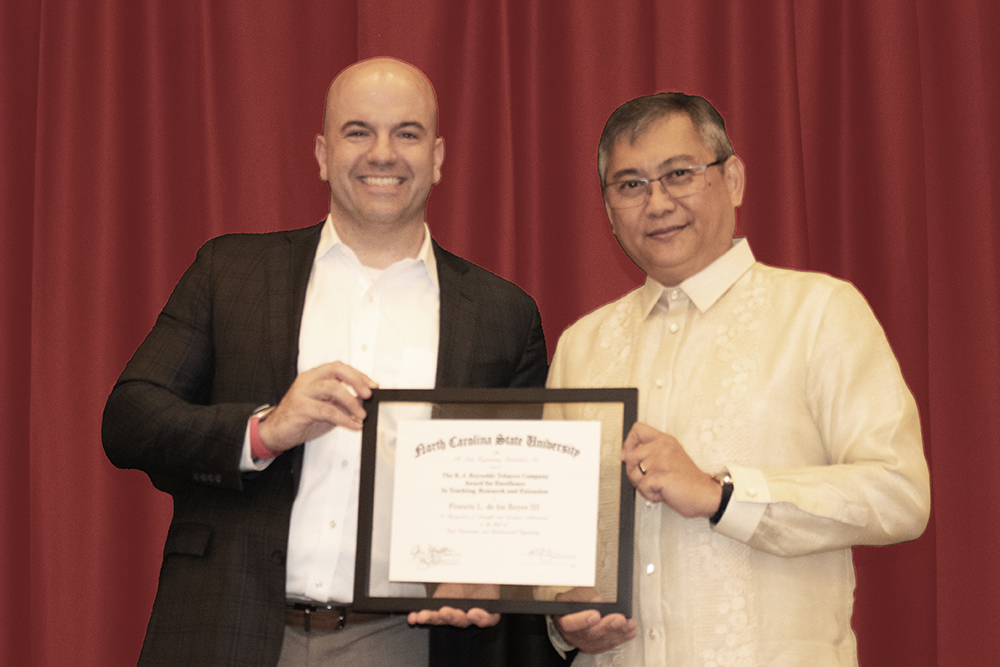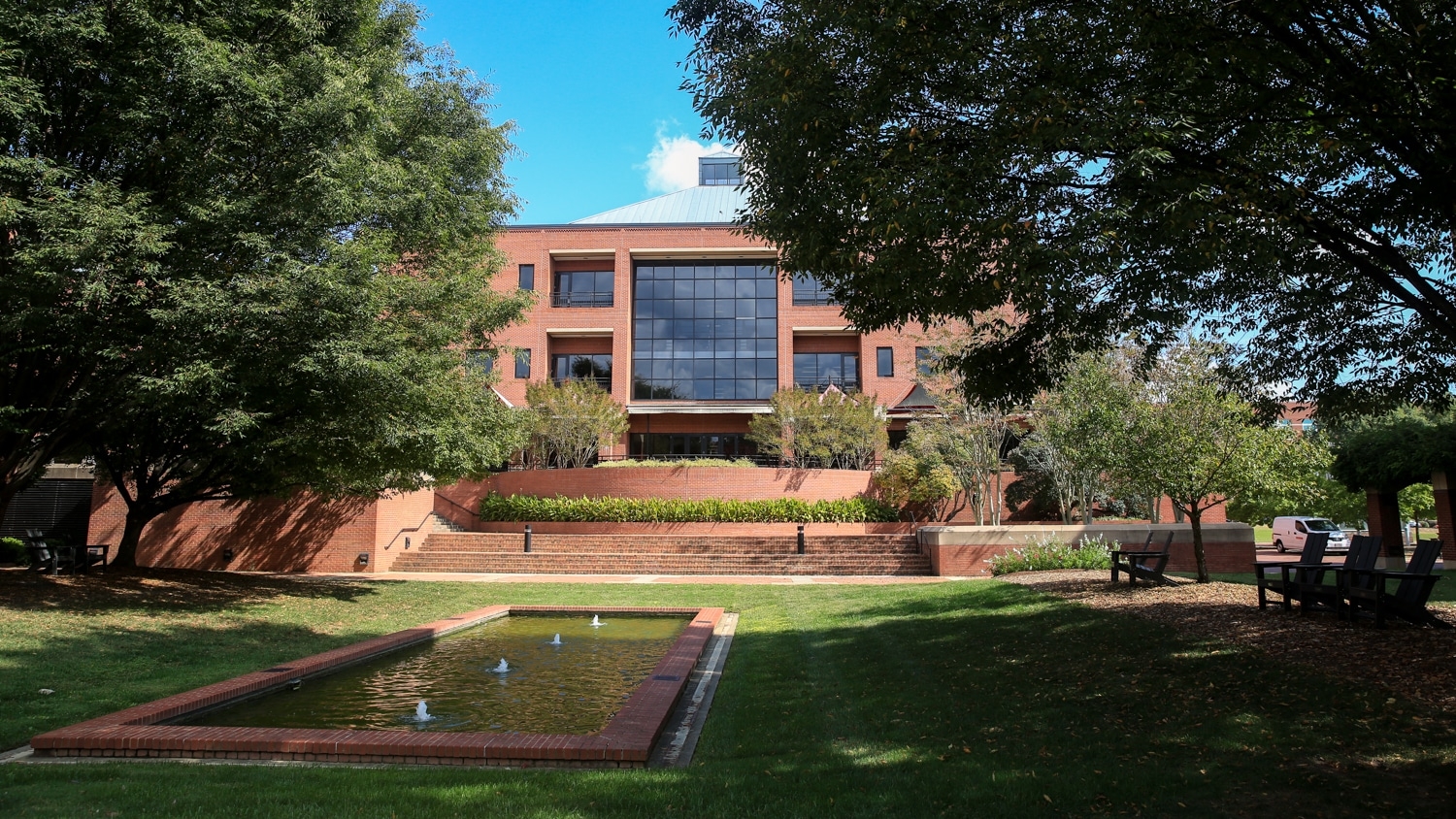Huang receives NSF CAREER Award
 Dr. Hsiao-Ying Shadow Huang, assistant professor of mechanical and aerospace engineering at North Carolina State University, has received a Faculty Early Career Development (CAREER) award from the National Science Foundation (NSF) for her research proposal, “Restoring Function in Chronic Venous Insufficiency: Unraveling the Structural Mechanics of Venous Valve Tissues.”
Dr. Hsiao-Ying Shadow Huang, assistant professor of mechanical and aerospace engineering at North Carolina State University, has received a Faculty Early Career Development (CAREER) award from the National Science Foundation (NSF) for her research proposal, “Restoring Function in Chronic Venous Insufficiency: Unraveling the Structural Mechanics of Venous Valve Tissues.”
The NSF CAREER award is one of the most prestigious awards in support of junior faculty members who exemplify the role of teacher-scholars through outstanding research, excellent education and the integration of education and research within the context of the mission of their organizations.
Huang’s research will focus on providing a detailed compositional, structural and biaxial mechanical characterization of venous valve leaflet, sinus and associated vein tissues, filling a critical gap in the basic science of venous valves, as well as serving as a springboard for innovation, informing approaches to the treatment of Chronic Venous Insufficiency (CVI). CVI is a debilitating vascular disease with a prevalence estimated to be twice as high in women. Risk of CVI increases with pregnancy, age, and occupations involving standing and is considered a disabling condition by the U.S. Social Security Administration.
Huang plans to engage a diverse range of groups, including high school, undergraduate, and graduate students; postdoctoral fellows; underrepresented groups; visually impaired persons; and the local community. She will hold seminars and workshops for the local community to raise awareness of CVI, venous hypertension and venous valve incompetence and will use the barrier-free Virtual Atlas of the Valves Web tool to provide a global repository for knowledge sharing, including tactile graphics of valvular tissue macro- and micro-anatomy for the visually impaired.
Huang received a B.S. degree in mechanical engineering in 1995 from the National Chung-Hsing University, Taiwan. She received M.S. and Ph.D. degrees in mechanical engineering and materials science from the University of Pittsburgh in 1997 and 2004, respectively. The five-year, $500,000 grant will begin May 1, 2016.
- Categories:


